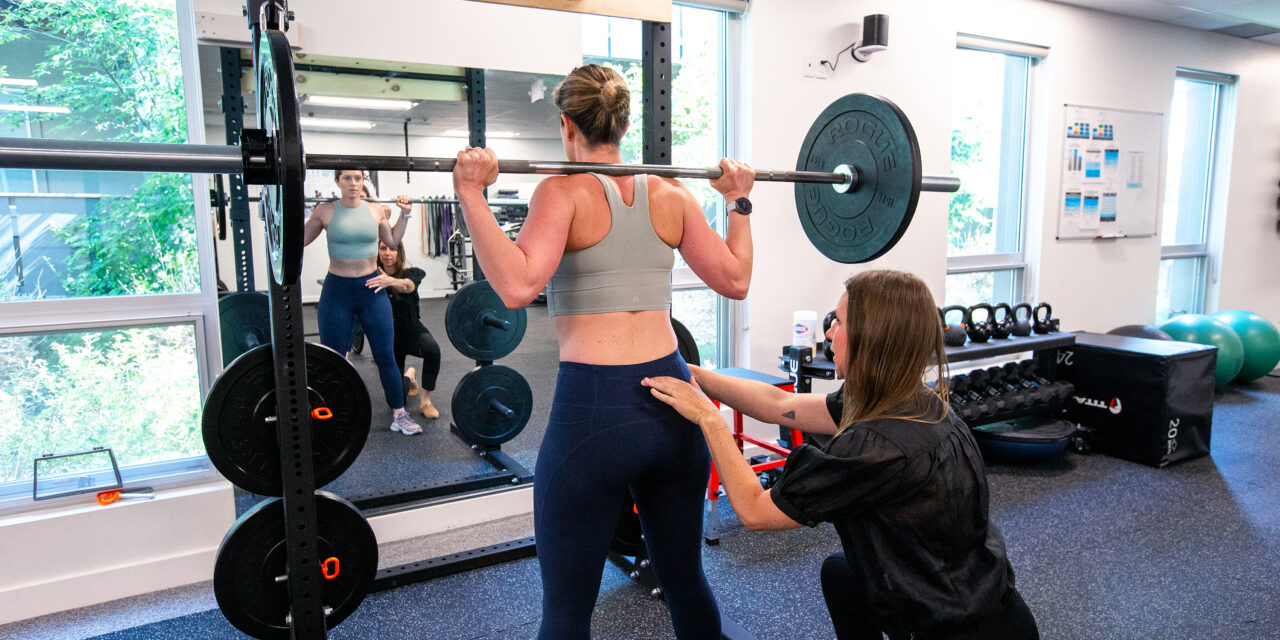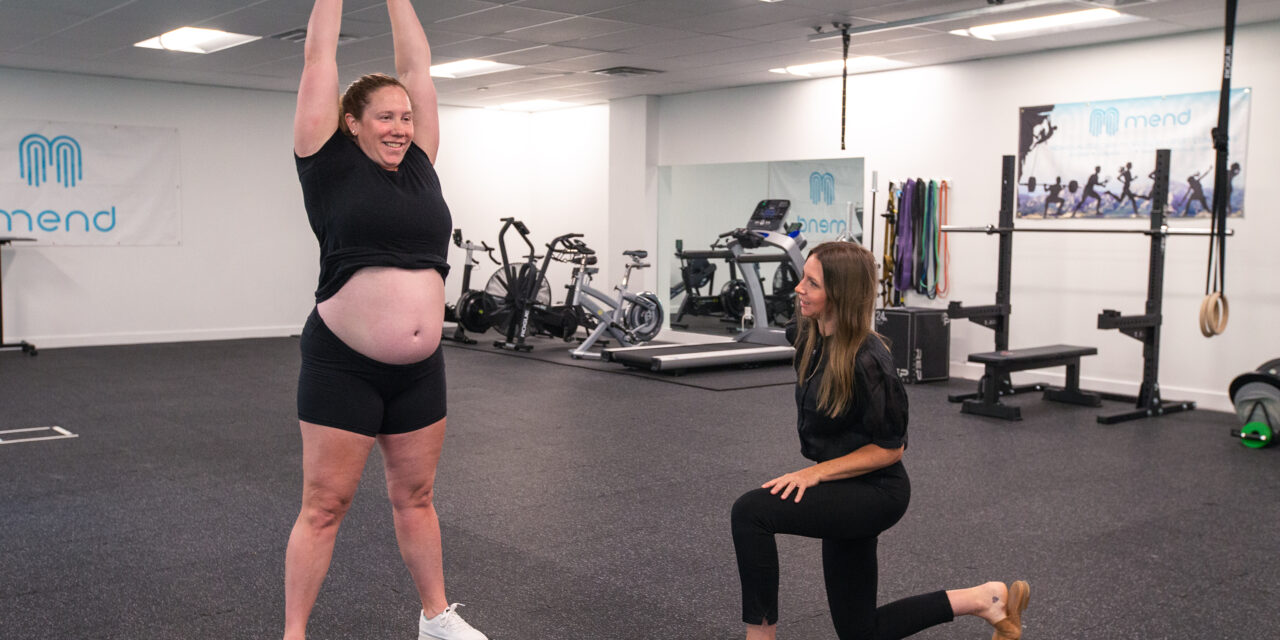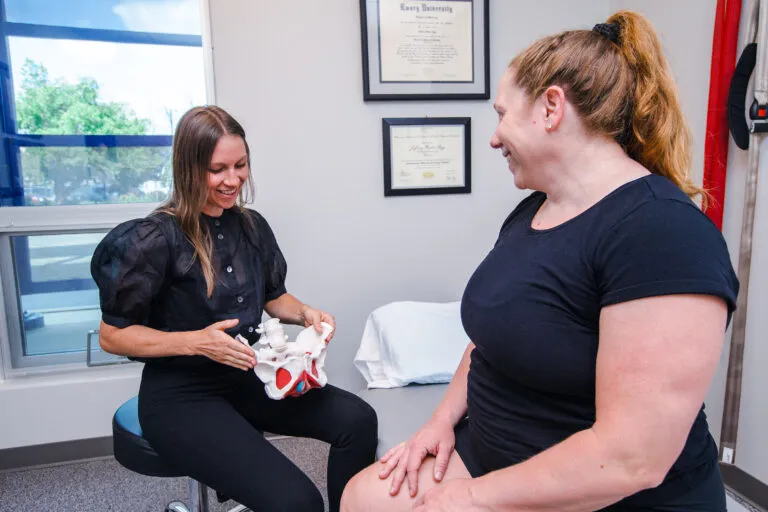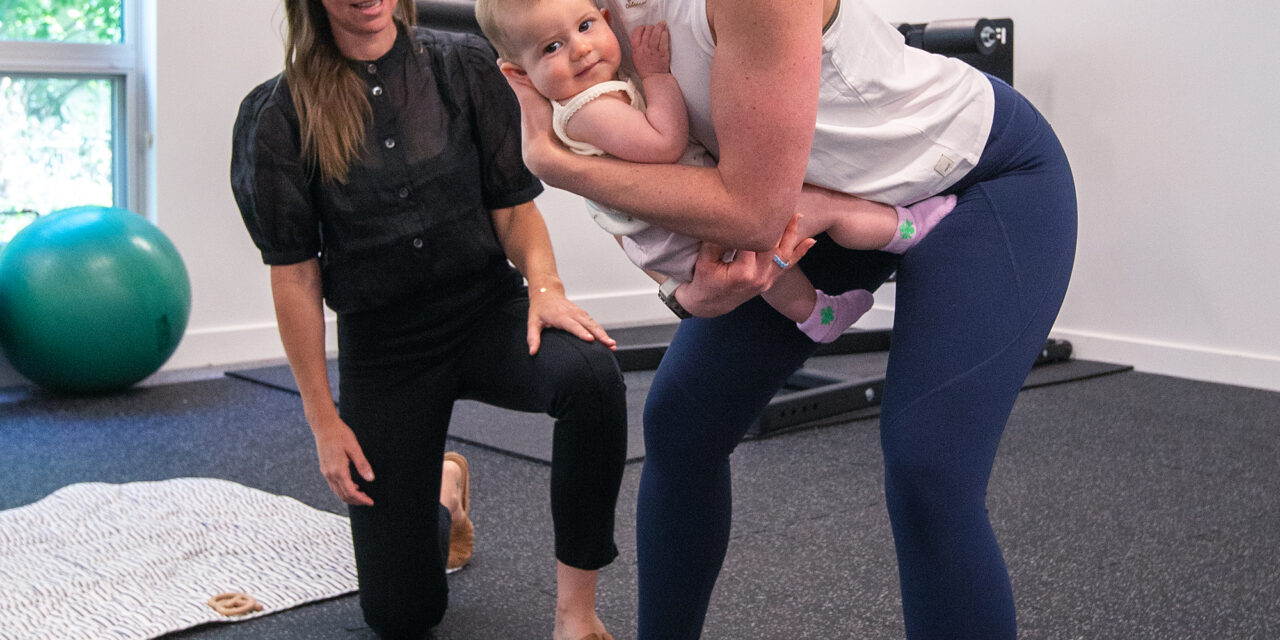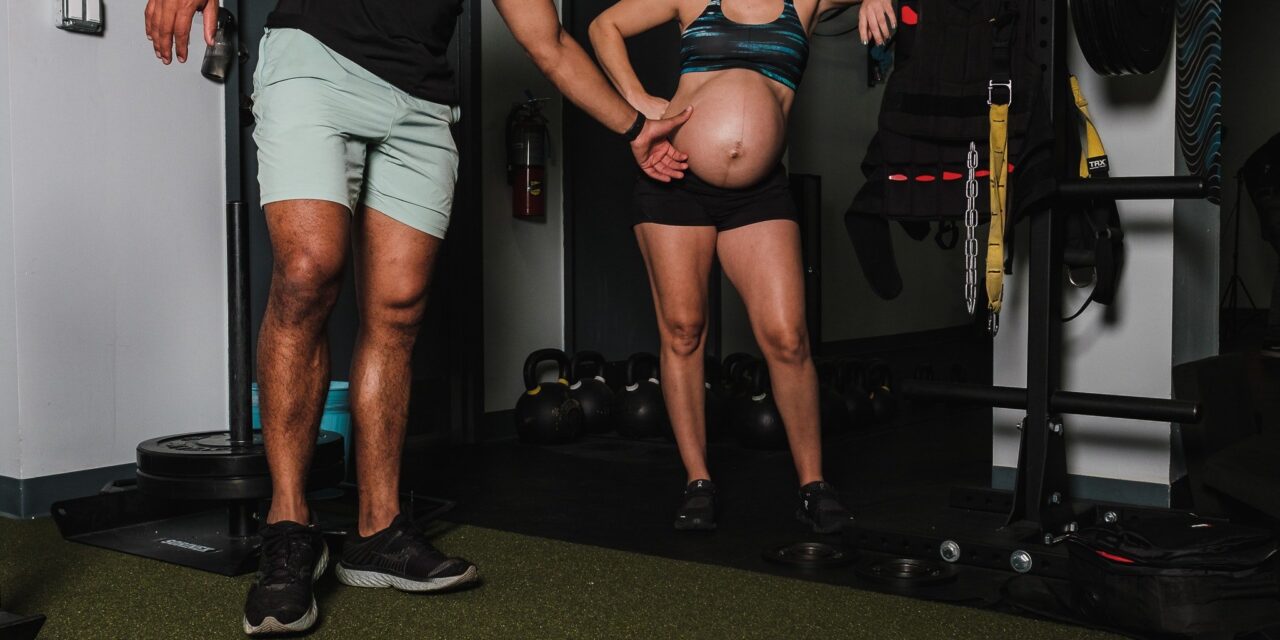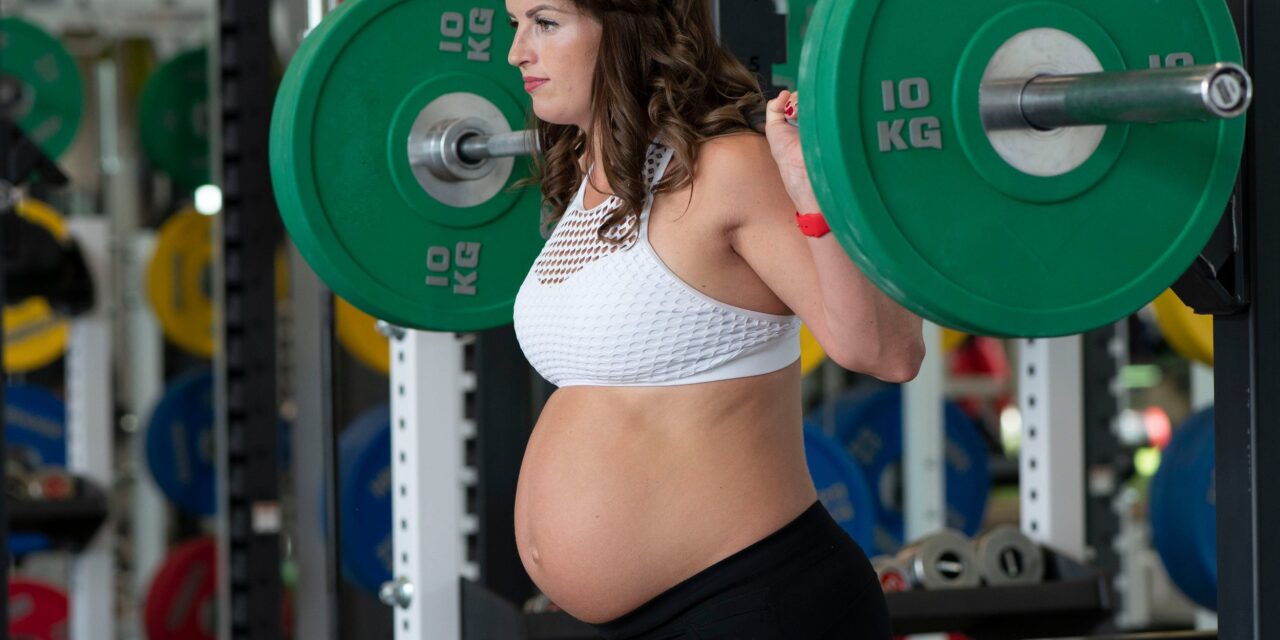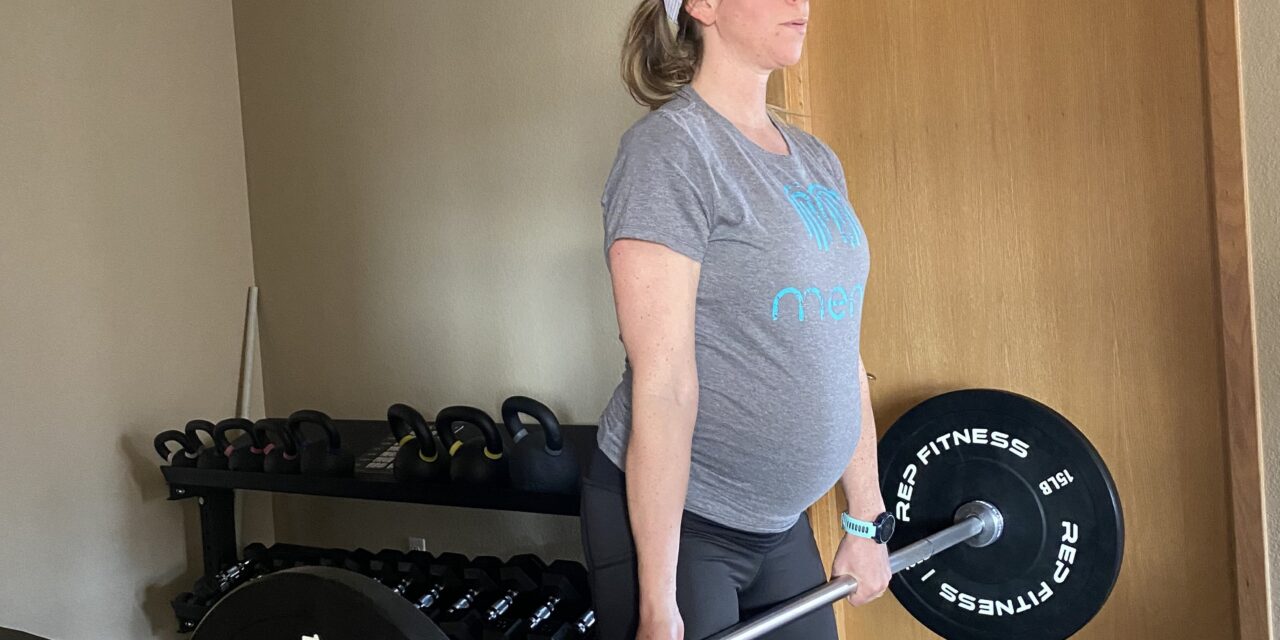Bringing a new life into the world is an incredible journey that transforms us in profound ways. However, the postpartum period often brings its own set of challenges, especially for those eager to return to an active lifestyle or sports. Fortunately, more research is being done and evidence is emerging. The article “Maximizing Recovery in...
Crossfit Modifications During Pregnancy
March 17, 2024
There has been a significant rise in female participation in crossfit over the past decade, thus increasing the chance that a portion of athletes will at some point experience pregnancy. In our Boulder Physical Therapy and Lafayette Physical Therapy clinics we frequently treat patients looking to stay active during and after their pregnancies. Traditionally, high...
In Defense Of The Kegel
October 26, 2023
A common question we discuss in our Boulder Physical Therapy and Lafayette Physical Therapy clinics regards Kegels. First and foremost, Kegels are not always appropriate and are definitely not always enough in treating pelvic floor dysfunctions! Gone are the days of doing only Kegels on a table in a room. For all the reasons Kegels...
Is low back pain delaying your ability to get back to postpartum exercise? Your pelvic girdle and pelvic floor muscles may need some attention! One complaint we often hear as pelvic floor physical therapists working with our postpartum population is the inability to get back to mat exercise because of pain when lying flat on...
While the evidence has been clear that moderate intensity exercise is safe and beneficial in pregnancy, little has been researched on the safety of high intensity (>90% heart rate max) exercise in pregnancy. A new study in May 2023 has shed some new light on the matter and found vigorous exercise to be safe for...
The effects of pregnancy on bone health in premenopausal women can lead to changes in bone mineral density (BMD). During early pregnancy, there is an increase in bone remodeling, which can result in a decline in BMD. The magnitude of BMD loss during pregnancy varies among studies and skeletal locations, ranging from less than 1%...
In the world of pregnancy and postpartum exercise, lack of available evidence has led to a fear-based model of avoiding heavy weight training due to unknown risk. As more research is being done on the pregnant population the evidence is becoming clear that activity, including heavy weight lifting, does not increase risk to mom or...
Do I Need to Talk to My Healthcare Provider Before Resuming or Starting an Exercise Program After Finding Out I’m Pregnant?
October 8, 2022
After waiting the seemingly longest 2 minutes of your life, the stick reads “pregnant.” It’s overwhelming joyful, shocking, and admittedly a little scary. Millions of questions begin piling up in your mind, one of them about exercise – can I continue my normal routine or do I need to see my provider first? Waiting for...
Pubic symphysis pain, commonly known as symphysis pubis dysfunction (SPD), affects around 30% of pregnant individuals. SPD manifests with symptoms such as localized tenderness, discomfort during specific movements like turning in bed or getting in and out of a car, and shooting pain in various areas like the lower abdomen, back, pelvis, perineum, and thighs. ...
What Exercise Can I Do While Pregnant?
March 16, 2022
Fewer than 15% of pregnant women get the recommended 150 minutes of moderate intensity exercise per week. There is a lot of fear out there regarding if and what exercise is safe during pregnancy. You can run! You can lift (even heavy)! You can do abdominal exercises! You can do hanging exercises! You can and...

